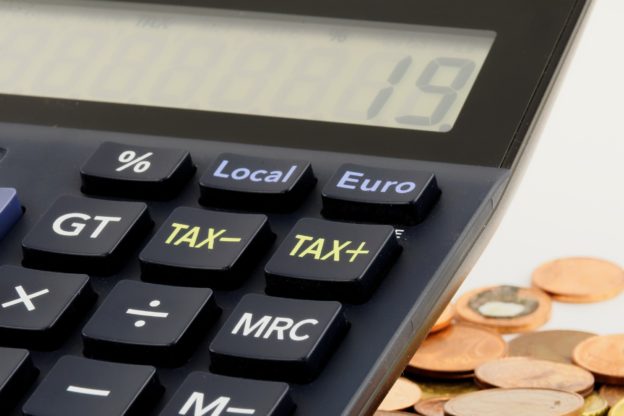Article 33 of the 2022 French finance bill confirms that the transfer of energy taxation will be accompanied by recodification work by ordinance and not by Parliament. However, the tax and penal consequences for companies can be heavy in terms of control and litigation.
As of January 1, 2022, the collection of domestic consumption taxes on electricity (TICFE) and natural gas (TICGN) will be transferred from the customs administration to the tax administration. The recovery of the internal consumption tax (TIC) on other energy products (gasoline, diesel, etc.) is expected to start in 2024.
This reform, which at first glance may seem to concern only public accountants, could have significant fiscal and criminal consequences for many companies.
Indeed, many are those who use these energy products as part of their industrial process. However, the weight of this green tax has increased considerably over the past 10 years. This now constitutes the fourth revenue in the general State budget and therefore represents a significant burden for businesses.
This upward trend is confirmed in the draft Directive of the European Commission (“Green Deal”) since the introduction of a carbon component will in particular increase the environmental energy taxation applicable to fuels and fossil fuels.
In addition, there are complex exemption systems or reduced rates which make it possible to preserve the competitiveness of certain sectors which are very energy intensive and therefore particularly exposed to the risk of relocation in a context of international competition. Certain exemptions or certain reduced rates could be partly called into question.
In this context, it is questionable whether the added value – fiscal and accounting concept – used in particular for the calculation of the reduced rates of TICFE and TICGN, will be modified, thus putting an end to certain customs specificities.
Finally, this recodification, which would be made by Ordinance, would concern areas which are nevertheless reserved for the legislator, such as the tax base and litigation. It would relate to the legal provisions with regards to customs control of this green tax system. This is currently a special criminal procedure, governed by minutes and transcripts which have the power to interrupt the statute of limitation.
The question arises of a (r) evolution towards an administrative tax audit procedure, governed by the Book of Tax Procedures, which would better regulate the duration of the controls and thereby improve the legal certainty for companies.
In addition to the control, the question arises whether the recent provisions of Article L228 of the Book of Tax Procedures, relating to the automation of criminal proceedings in the event of notification of an adjustment exceeding 100,000 € in taxes accompanied by surcharges tax, will apply to this green tax for which notifications frequently exceed this amount.
we shall add that the customs transaction which makes it possible to put an end to public action is a more flexible instrument than the procedure of appearance on prior recognition of guilt (CRPC) subject to approval by the judge and introduced by the law of 23 October 2018 on the fight against tax evasion.
A new “Aicardi commission” made up of parliamentarians, magistrates, representatives of the administration, lawyers, academics and professional bodies would therefore emerge 30 years later.
The aim would be to usefully “enlighten” the government before it legislates, in order to tend towards an intelligible harmonization of the procedural and litigation rules of this recent green tax system, given the importance it now represents for companies.
Sophie Dumon-Kappe, Partner, Customs taxation at DS Avocats.
*This article is also published in French in Les Echos on the following link: https://www.lesechos.fr/idees-debats/cercle/opinion-transfert-de-la-fiscalite-verte-a-la-dgfip-quelles-consequences-fiscales-et-penales-pour-les-entreprises-1350882
***

